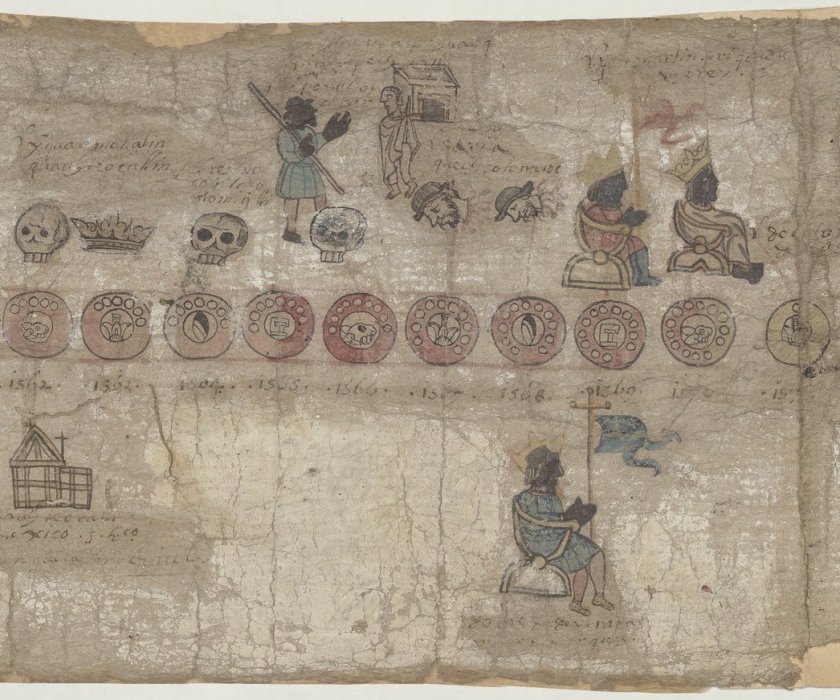
End Date : November 18, 8:00 pm
Casa Hispanica 201
612W 116th st
New York, NY, 10027
Institute for Comparative Literature and Society
Department of Latin American and Iberian Cultures
Paris PSL
ENS Paris
What could it mean when settlers in New Spain adopted images and participated in ceremonies that were the exclusive privilege of the Spanish Crown? Following the death of the viceroy in 1564, royal officials in Mexico City watched with trepidation as the conquistadors’ sons started incorporating symbols of royal power into their fiestas. Amidst rumors that the king would abolish their privileges, these settlers showed through processions, banquets, and tournaments that the sacrifices of their fathers in the conquest merited their rewards. Officials considered the festivities centering on Martín Cortés—his entrances, his seal, and his tableware—more fitting for a king than the son of a conquistador. Their interpretations became increasingly suspicious: could the settlers’ celebrations actually be rehearsals for a dramatic overthrow of the viceroyalty? This presentation uses this singular case to theorize the relationship between representation and power and to examine the threat that imitation presented to the king’s sovereignty overseas.
Nicole T. Hughes is a postdoctoral fellow in the Mellon Fellowship of Scholars in the Humanities at Stanford University. Her research focuses on the early modern Iberian worlds, especially New Spain and Brazil.







